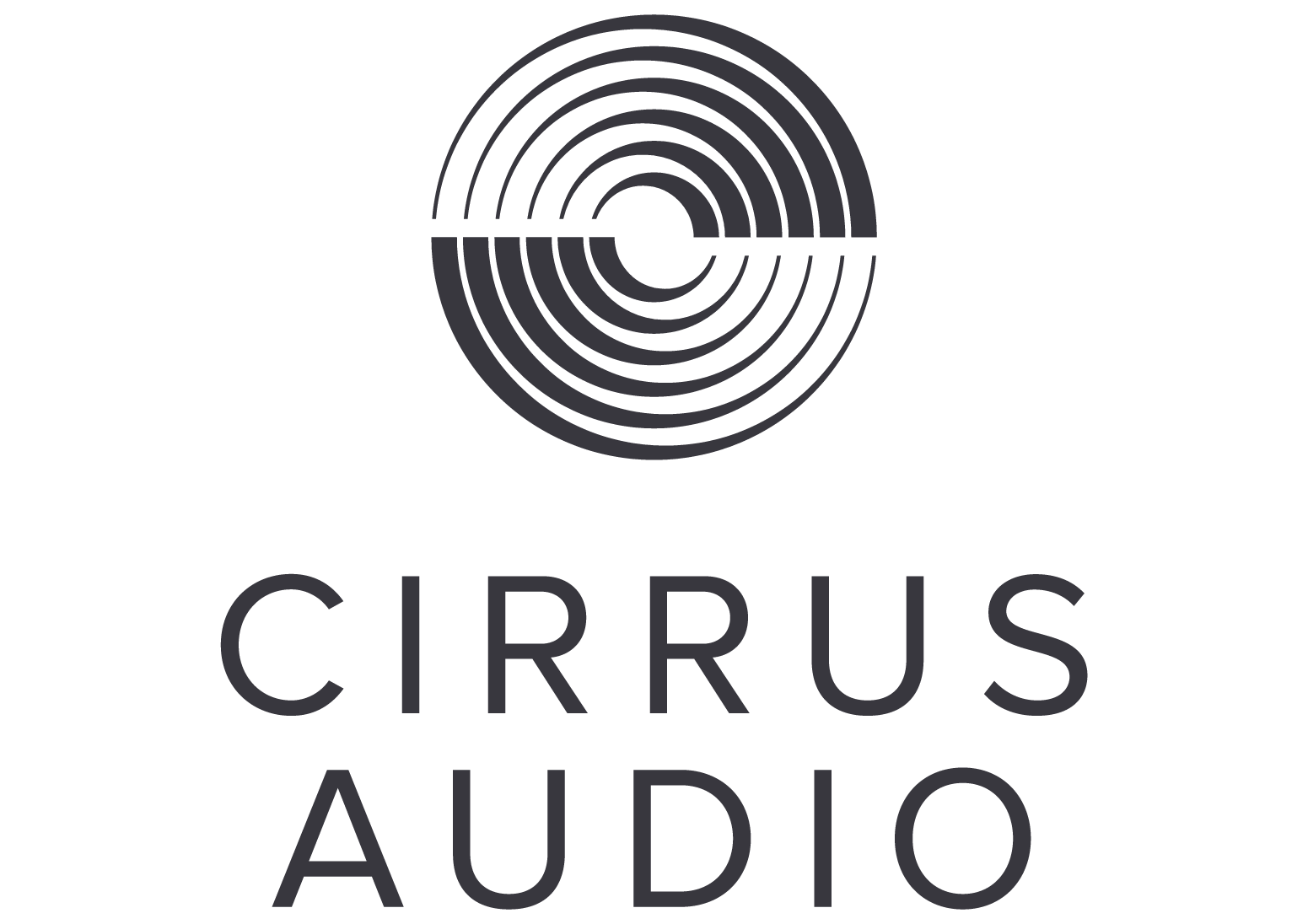Six Points Of Focus
Music production is a very broad and complex topic. When a producer starts their journey, there is so much information around that it can be hard to know where to start.
At Cirrus we believe having the right information from the start will help with every decision you make along your way. Here are six points of focus for when you’re starting out or where to concentrate if things aren’t working out in your music.
1. Process Carefully
Due to the ease of access to plugins on the internet, some producers have made a habit of using lots of processing in their tracks. This can be in the form of eq, compression, limiting, saturation etc on individual sounds or even over the whole mix.
Although processing can be a great way of achieving strong and unique productions, it can just as easily also destroy punch, warmth, detail, and natural movement if used excessively or incorrectly.
A good rule of thumb is to err on the side of caution and remove any processing that you are unsure how to use or are not exactly sure if it’s adding something to your track.
It takes a lot of restraint for a producer to not use a piece of equipment especially if they have spent money on it. However it’s important to do what is best for the music, and more often than not adding more processing to a sound is going to take away from its natural energy.
2. Work Quickly
Many producers can only dedicate a small amount of time to production each week. It’s important to use this time in a way that keeps you inspired and leaves you with with a feeling of accomplishment rather than frustration.
An experienced producer will spend most of their time working on the core sounds and the feel of the music, working fast while an idea is fresh. By cutting down the amount of time spent on mundane processes such as editing, searching for and importing samples and applying processing, you can spend more time being creative and writing better music. Once you are able to work quickly, you can hash out a number of rough ideas in a short space of time and then put more time into the best ones.
3. Avoid Attachment
When I first started producing, I would spend hours trying to eq and process my sounds so they would sound how I wanted them and hopefully fit in the mix a little better. What I have learnt time and time again is if a sound isn’t working, it’s important to pick up on it early and swap it with one which feels right. Once you have the right combination of sounds, they will require minimal mixing and processing to gel together to sound and feel like music.
4. Trust Your Instinct
Although it’s good to have respect for a more experienced opinion, you should never take anyone else’s advice or opinion as law without thinking about it. Music is a very personal and subjective topic and therefore what works for someone else may not be right for you.
The best way to handle new information, techniques or tools is to test them out for yourself and see how they work for your style of music and question them on a track by track basis. Always trust your instinct when making these decisions. If something is right it will feel right, if something is even slightly wrong you will tend to have a lingering feeling that you can’t quite put your finger on. It’s at this point that you need to start making bold changes: mute channels, bypass plugins, change samples and find out what isn’t working.
5. Perspective
The human brain adapts to input very quickly. The longer you listen to something, the more it becomes ‘normal’ as your ears and mind adjust. This shift in judgement makes it very difficult to make beneficial production or mix decisions in the studio.
When this happens, it’s important to reset your mind and gain some perspective. This can be achieved by taking breaks, listening to high quality music or simply by having time away from a particular track or sound.
6. Strengths and Weaknesses
Most producers will have a certain area of production that they enjoy or that comes naturally to them. Some people enjoy writing musical elements and structuring tracks and others like programming drums and mixing.
It’s important to figure out where you are most useful and how you can work with people around you to maximise the potential of your music.
So to wrap everything up, it’s important to process carefully, work quickly, avoid attachment, trust your instinct, maintain perspective and know your strengths and weaknesses. If you found these tips useful we’d love to hear your thoughts.
